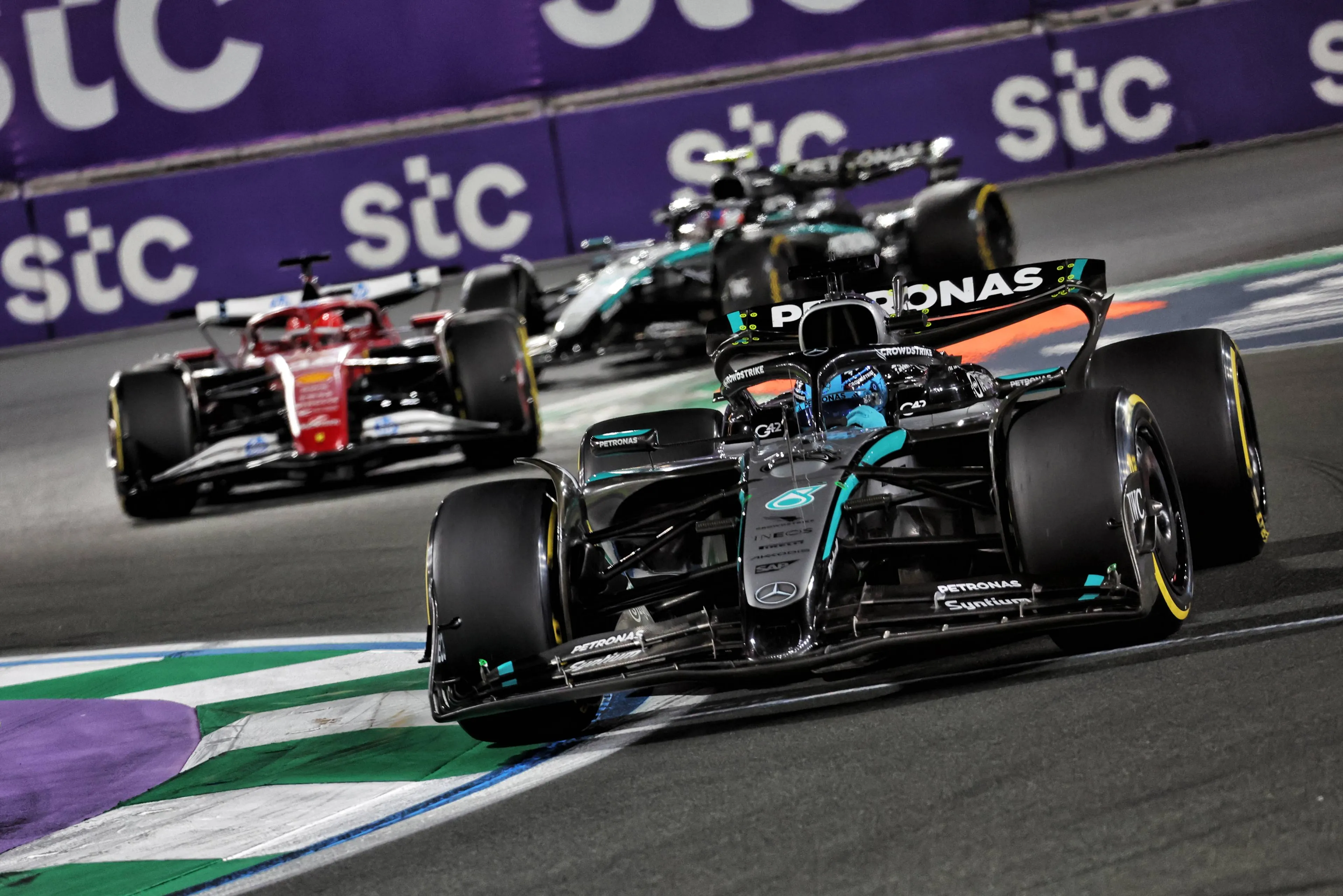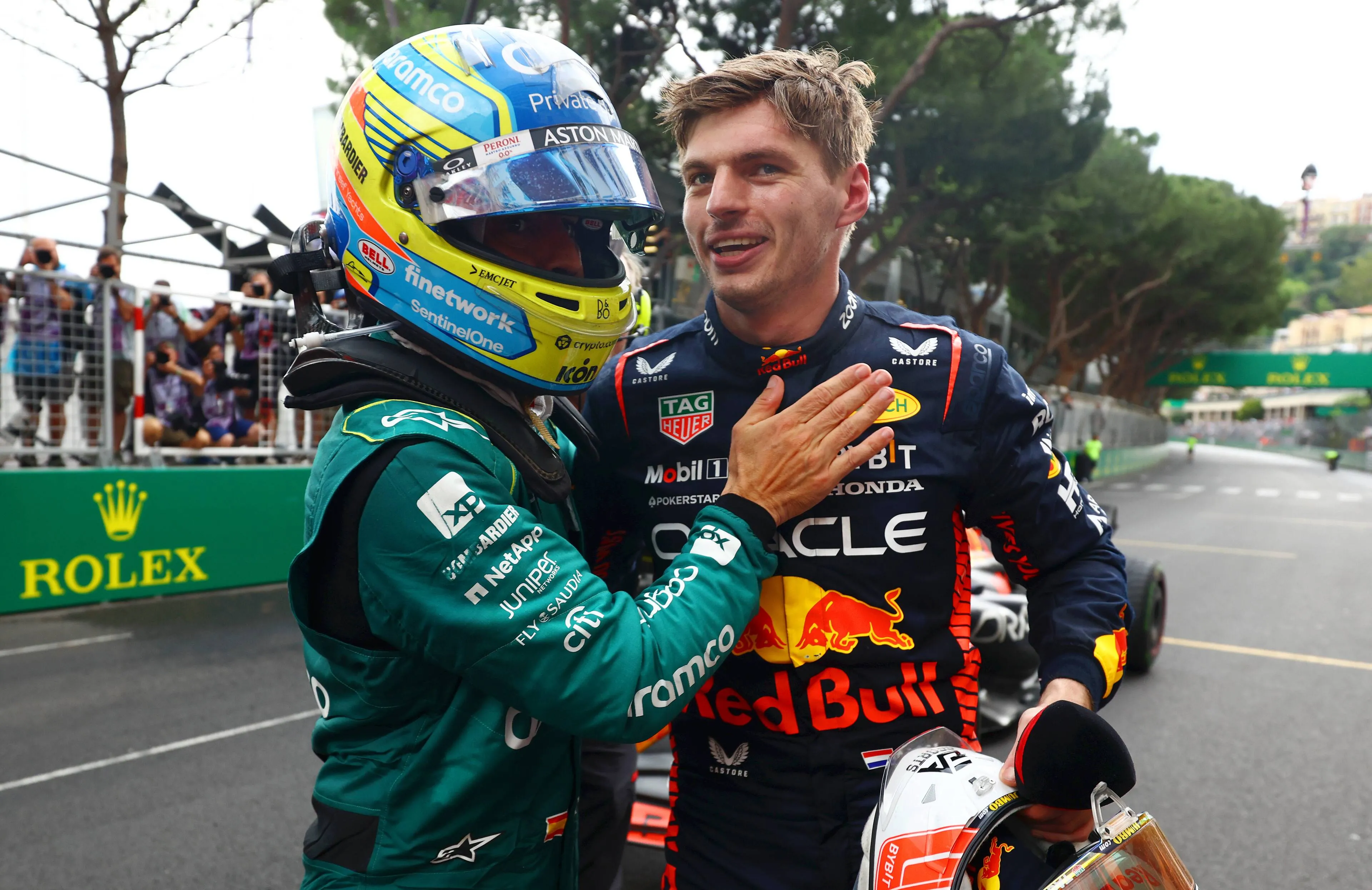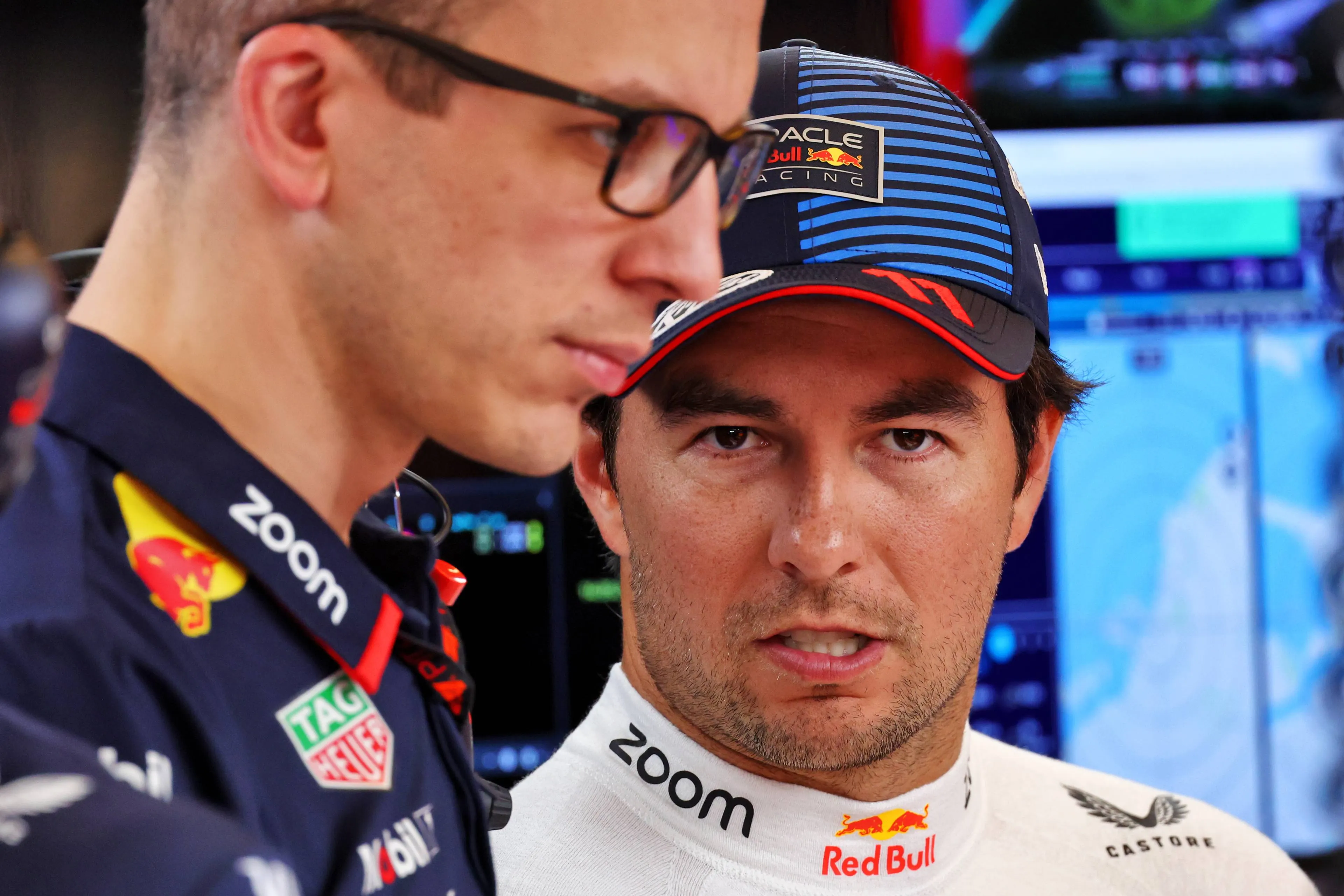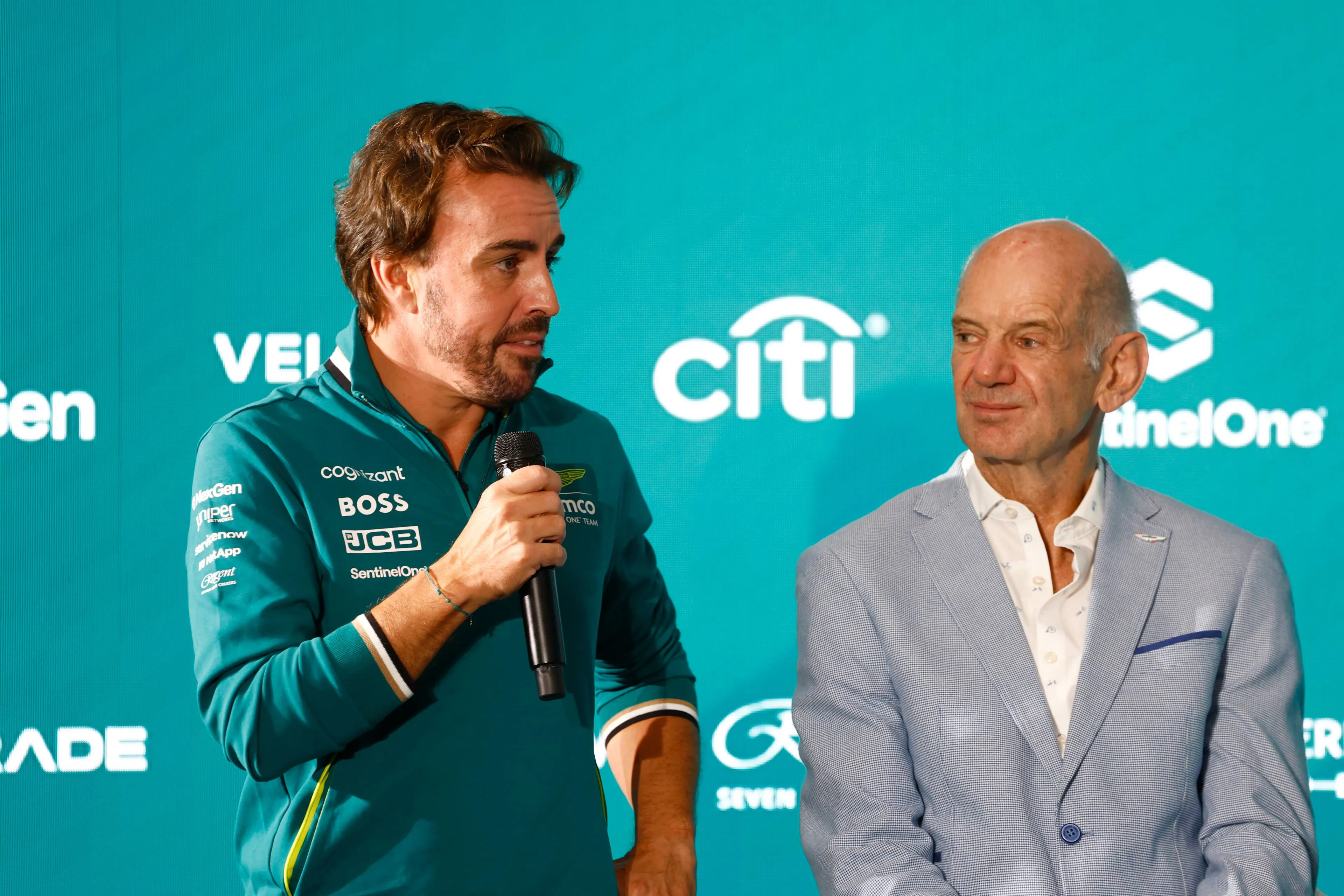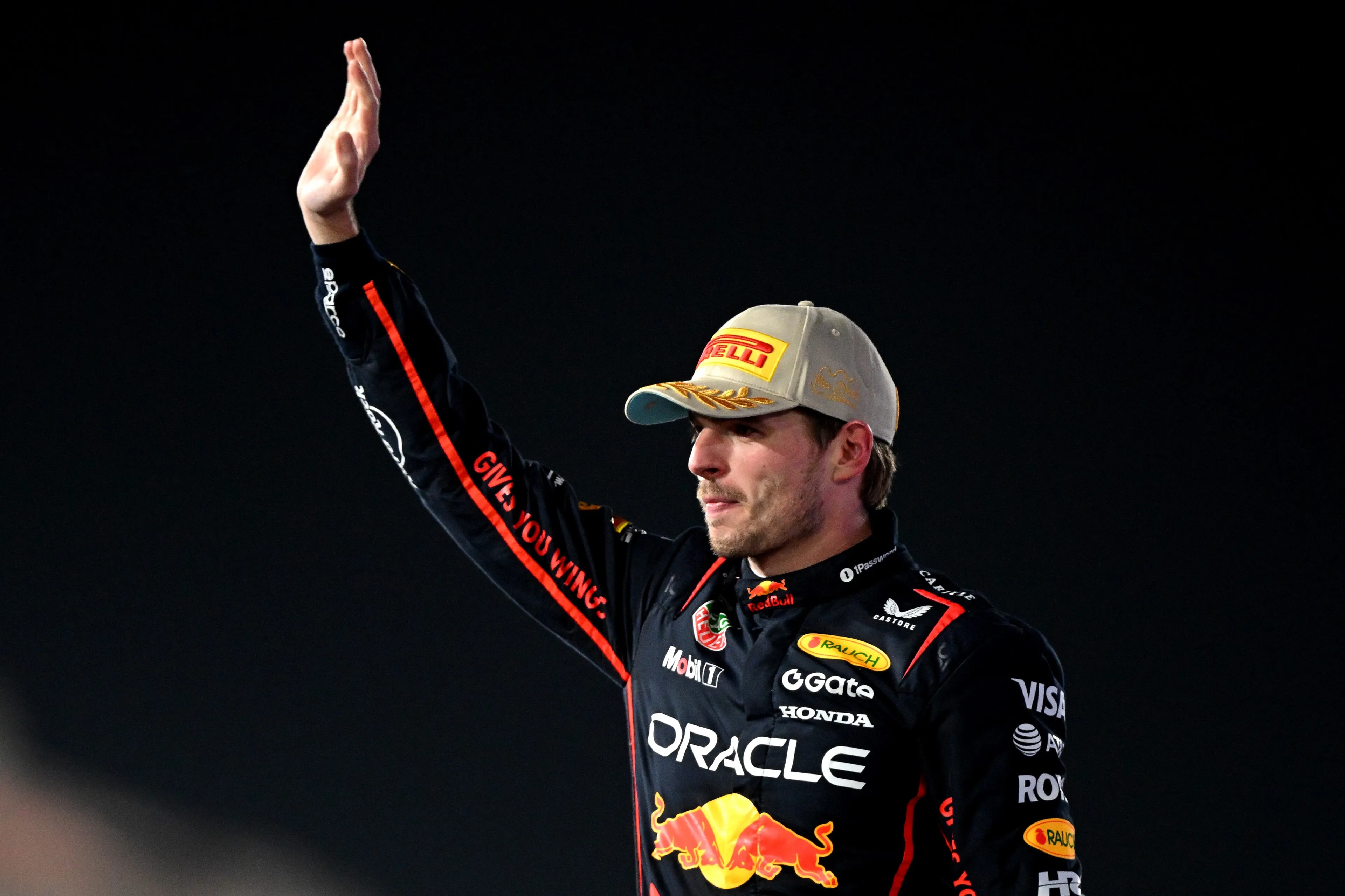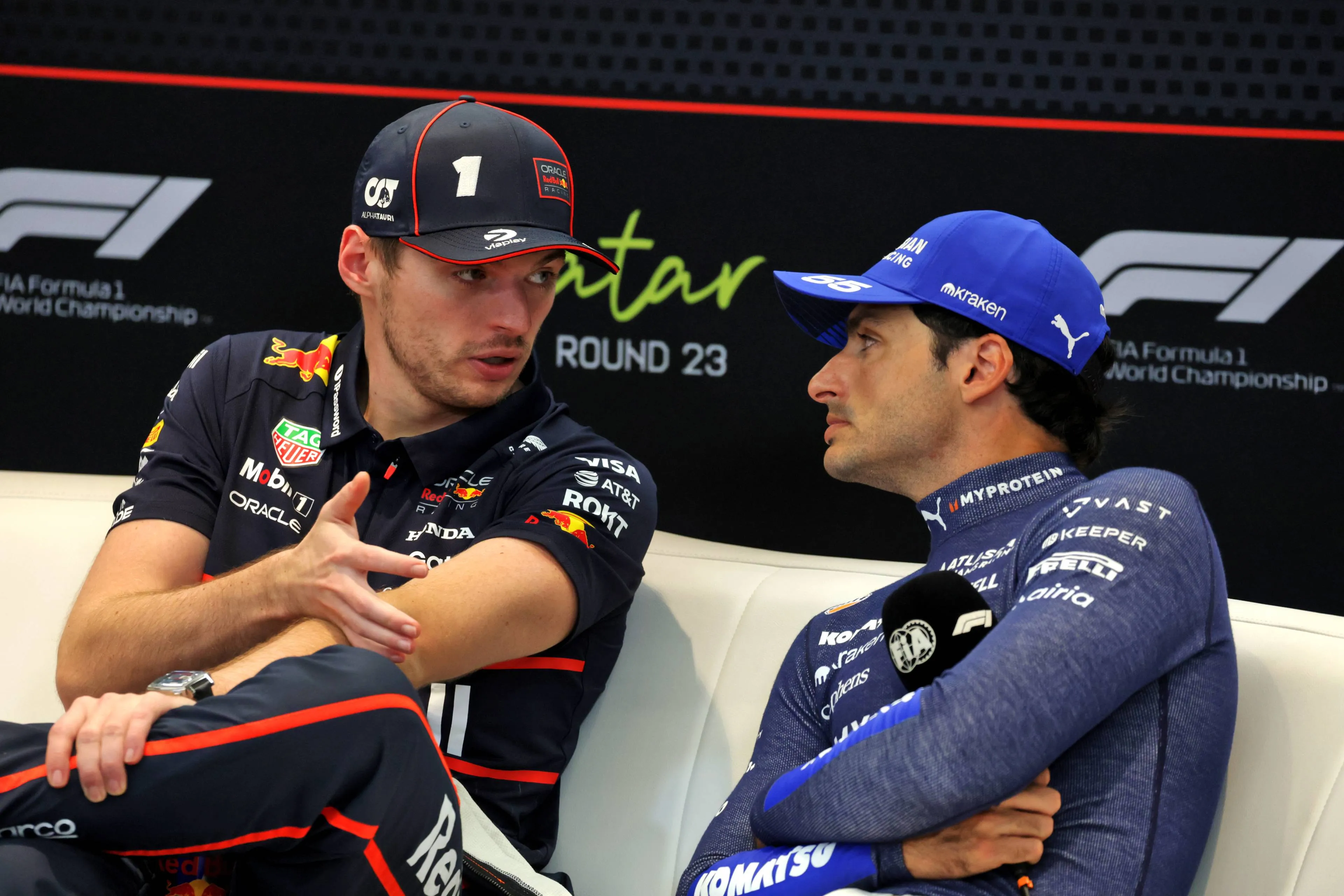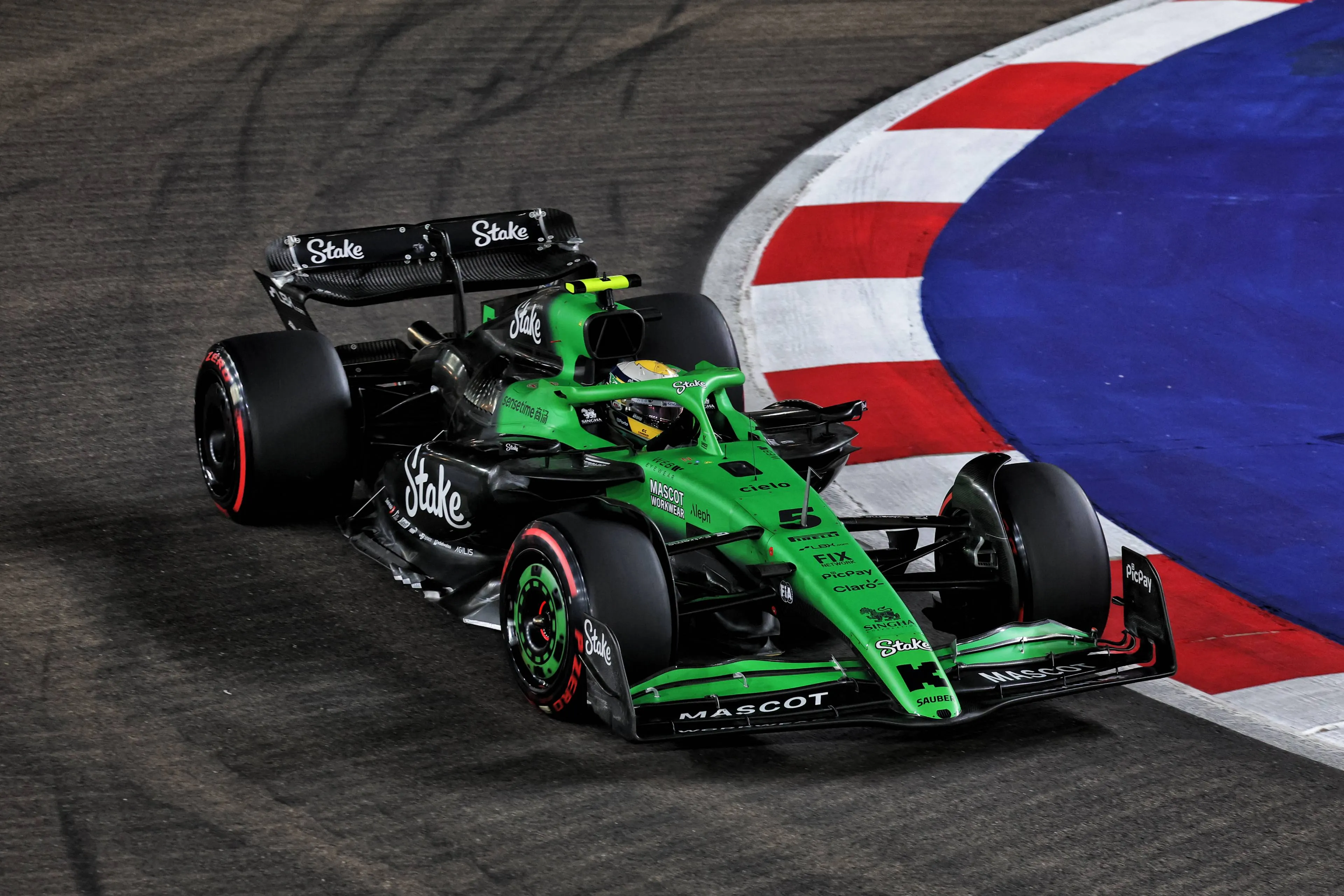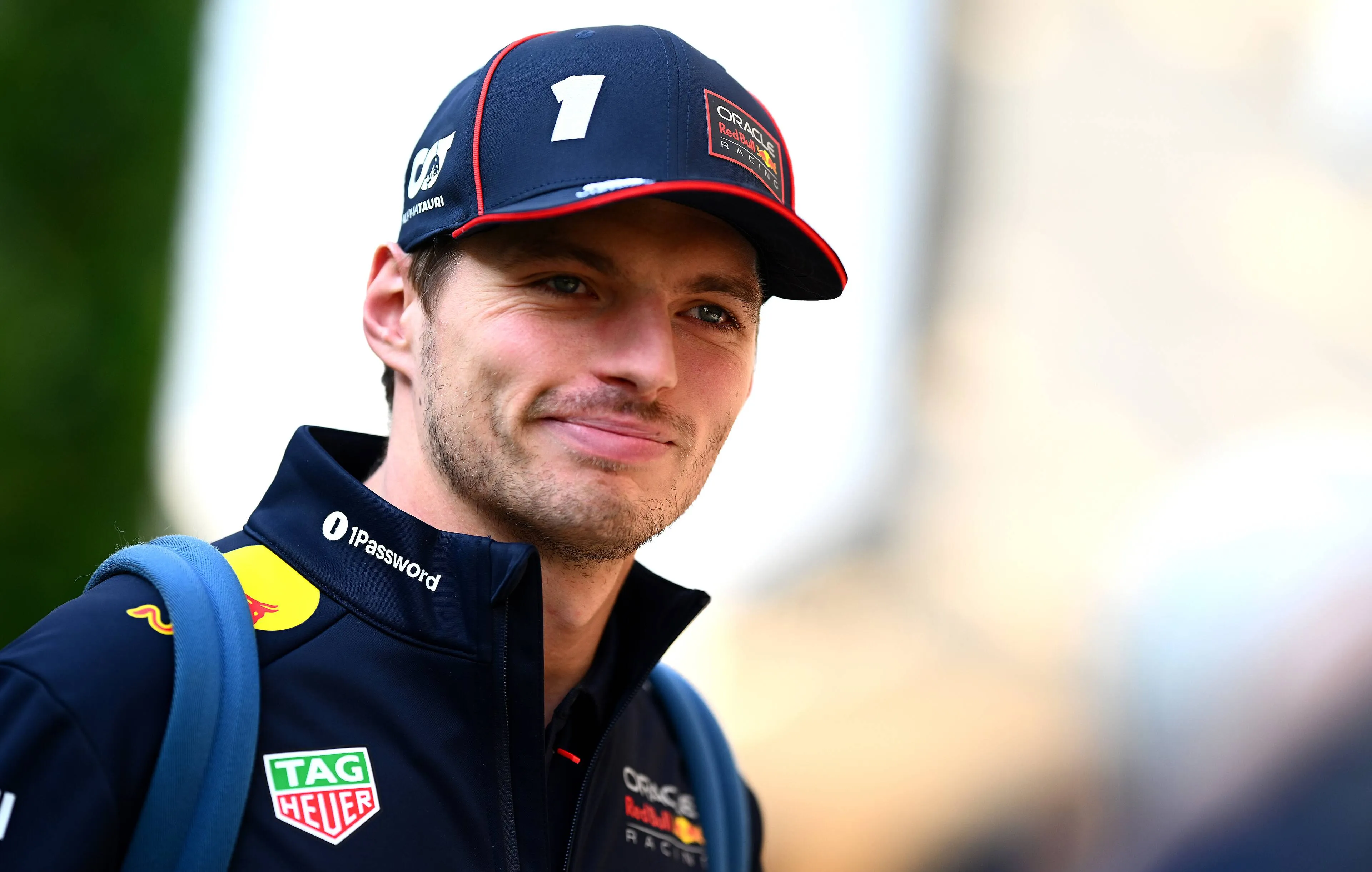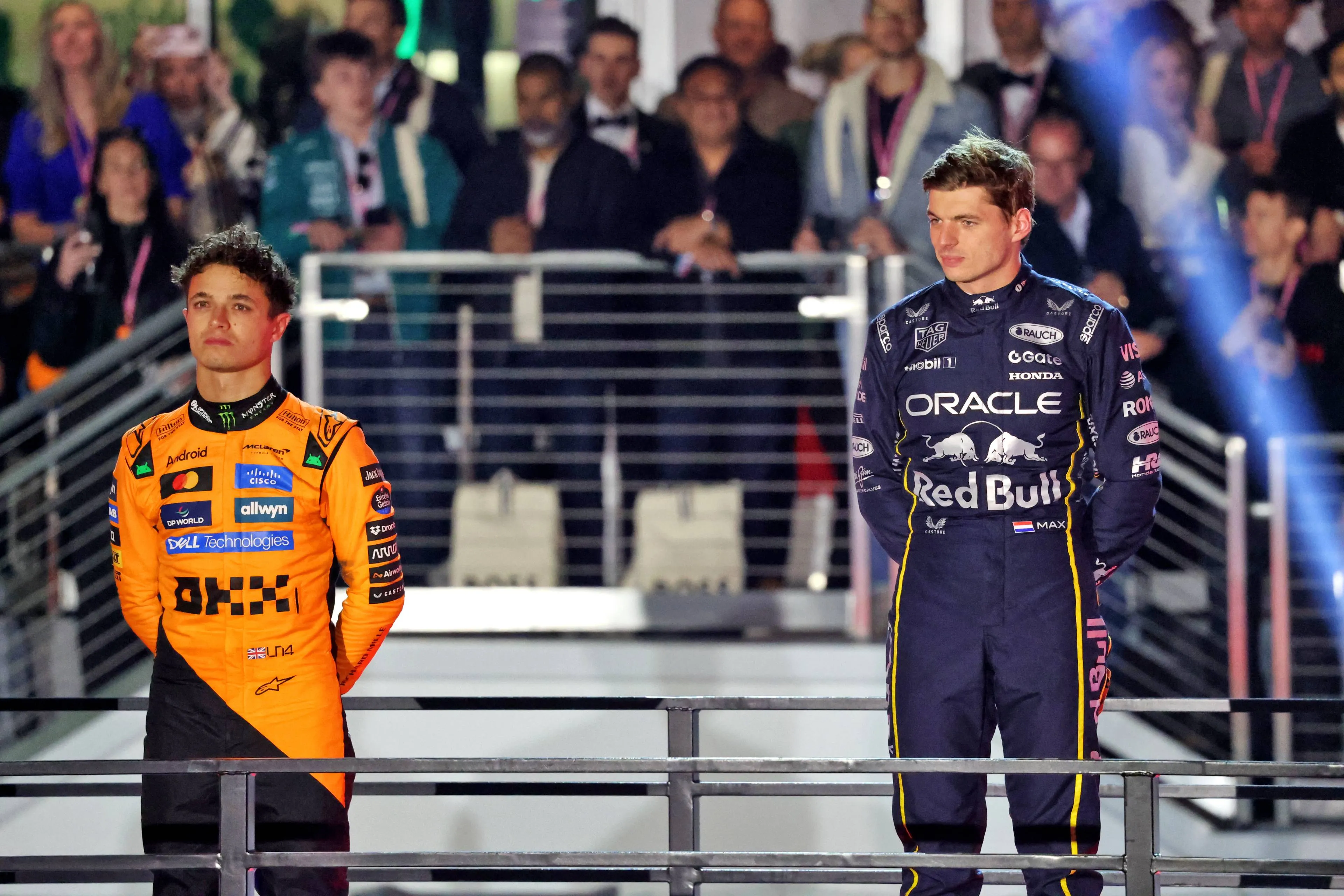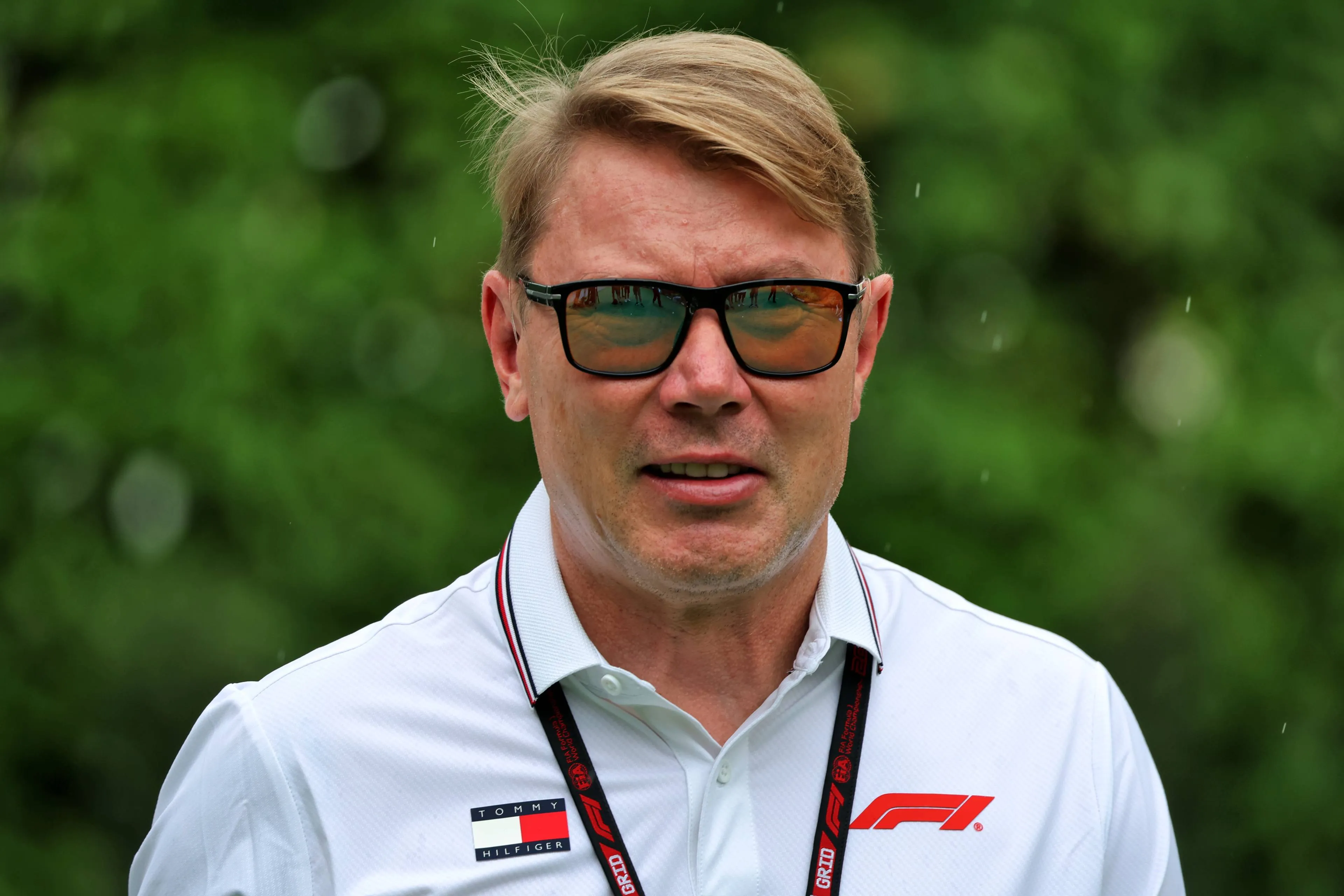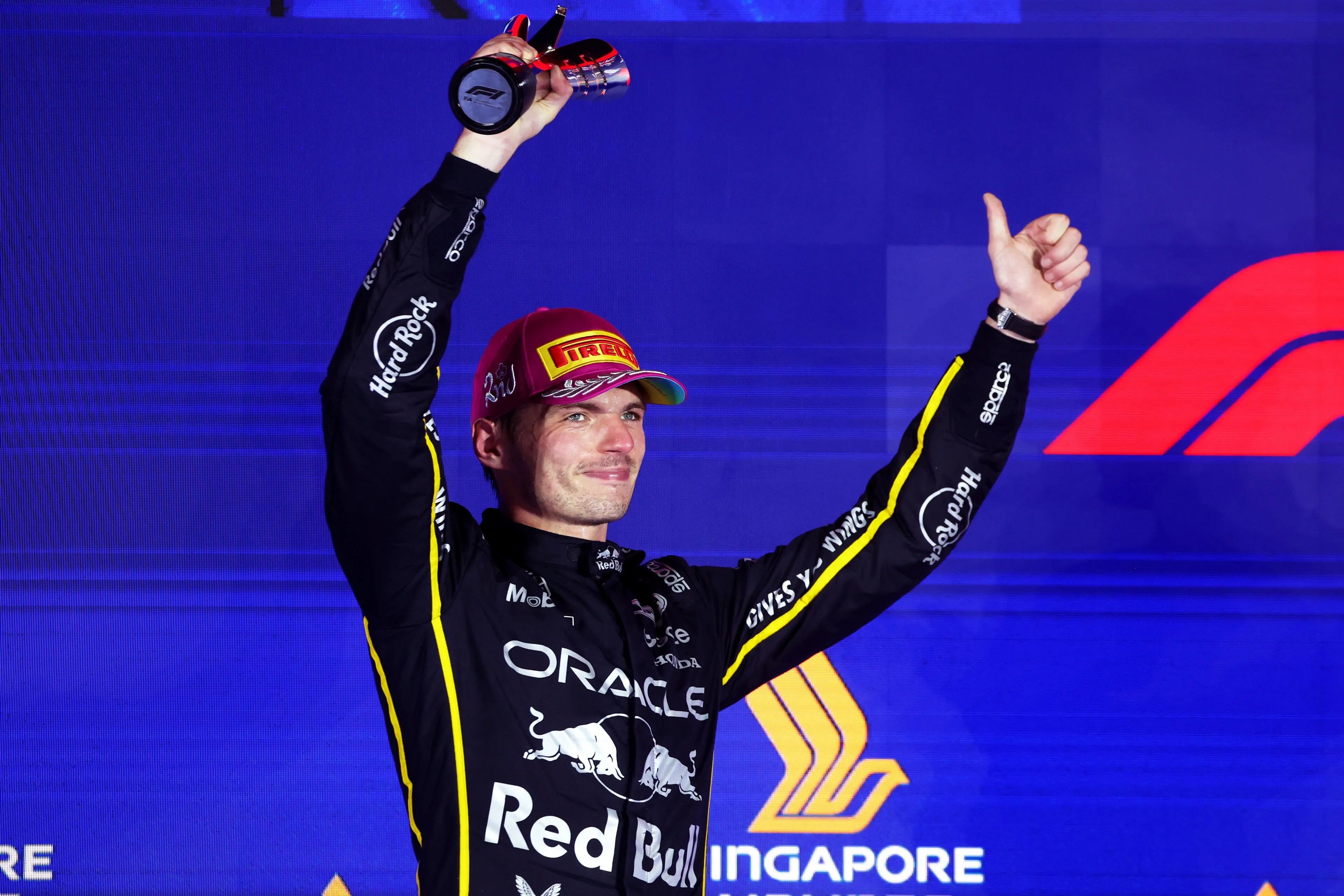FIA aim to prevent another Mercedes scenario with developing new solution
11:57, 09 May
0 Comments
With the introduction of new engine regulations in 2026, the FIA have the aim to prevent a single manufacturer dominate for a long period, similarly to how Mercedes did from the beginning of the hybrid era back in 2014. Therefore, a mechanism is being developed to help the ones lagging behind, also taking into account the budget cap.
Fear of another Mercedes scenario
When the hybrid V6 turbo engines were introduced in 2014, Mercedes managed to by far outperform their rivals. From 2014 until 2021, the Germans won every constructors' title, and all but one drivers' title was won by Lewis Hamilton or Nico Rosberg.
With a regulation change ahead in 2026, teams and manufacturers are already looking ahead to prevent a similar scenario from happening.
The FIA Single Seater Director, Nikolas Tombazis also explained that new engine manufacturers are also set to join without extensive experience and technical knowledge that is built up over years. Therefore, he sees it's logical and fair to introduce a system that gives newcomers a chance to compete or a level playing field.
FIA want an level playing field in F1
The motorsport federation is now working a system where engine suppliers who are constantly behind to are given more space for development.
"Just to be clear, we are discussing provisions that would enable an under-performer to carry out more development work. We are categorically not discussing any artificial mechanism that would boost the performance of an underperforming engine," he told Motorsport.com.
With the cost cap, there is an extra challenge for suppliers to catch up, with Tombazis citing Honda's turnaround as an example. "
The challenge lies in combining such concessions with the budget cap. Tombazis cites Honda as an example: "If they had not been able to spend a bit more money during that period, maybe they would not have managed to catch up. We want new PU manufacturers to stay for the long haul."
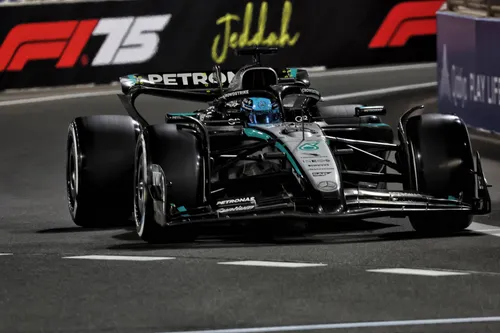
Mercedes driver George Russell in Jeddah.
This article was written in collaboration with Nicole Mulder
Read also
Read more about:
Popular on GPBlog

1
Kelly Piquet shares Christmas photo with Verstappen and her two daughters
859 times read
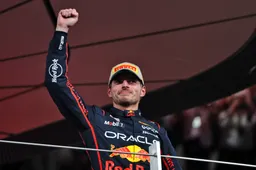
2
‘Max Verstappen was the best in 2025 — No doubt about it’
797 times read
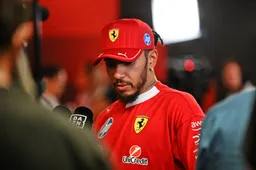
3
Hamilton cleared of blame for tough 2025 as main issue pinpointed
732 times read
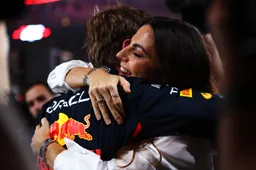
4
Kelly Piquet unveils Verstappen’s Las Vegas-themed Christmas surprise
728 times read
Loading
